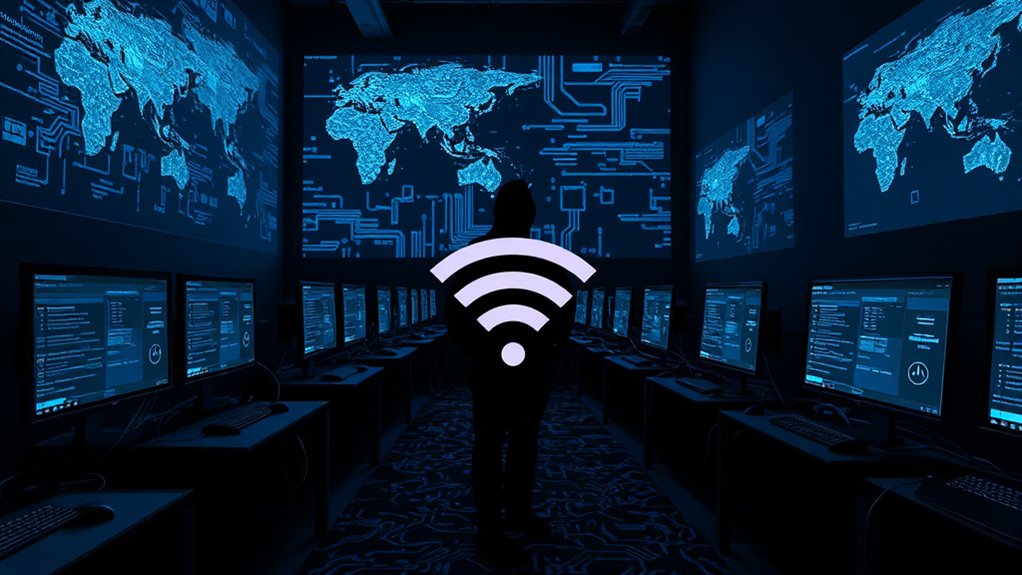Foreign hackers breached the Washington Post in a cyberattack identified on June 12, 2025, targeting the newspaper’s journalists covering sensitive topics such as national security, economic policy, and China. The revelation of the breach initiated an immediate investigation, with the Washington Post implementing swift security measures to mitigate potential damage. By June 13, a thorough reset of login credentials for all employees was executed, reflecting the urgency of the response.
The nature of the attack appeared to particularly target email accounts of journalists, thereby compromising confidential communications potentially related to state affairs and economic policies. Allegations surfaced suggesting that a foreign government might be involved, underscoring suspicions that cyber threats against media entities are likely linked to espionage efforts. The breach gained broader context when it was noted that similar incidents had occurred in the past, with some attacks attributable to Chinese hacking groups. Additionally, the breach was identified after a recent cyberattack targeting email systems was confirmed by The Washington Post.
Despite the intrusion, the impact was believed to be limited, affecting only a few journalists’ accounts. The attackers likely employed pretexting techniques to gain unauthorized access to the email systems by impersonating trusted colleagues or authority figures. Journalists typically employ encrypted communication platforms, which are designed to protect sensitive sources and information, potentially mitigating the breach’s implications. Nevertheless, the extent of exposure for those affected remained uncertain pending the results of forensic investigations by an engaged cybersecurity team.
In the wake of this incident, industry experts underscored the inherent vulnerabilities faced by the media sector. With high stakes involved in reporting sensitive issues, journalists remain frequent targets for nation-state actors seeking to undermine the integrity of information dissemination.
Nonetheless, the Washington Post reassured its stakeholders that customer information was not affected, reflecting an awareness of public concern.
Moving forward, experts urge media organizations to improve their cyber defenses, emphasizing the necessity of sturdy security measures in an era where the convergence of technology and journalism invites ongoing threats. The events surrounding the Washington Post demonstrate a continuing trend whereby the journalistic community must balance the demands of reporting on sensitive topics without compromising their digital security.









